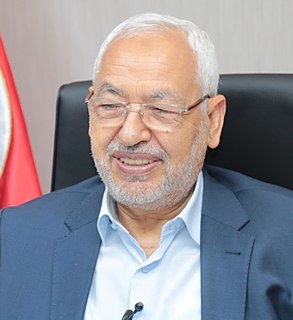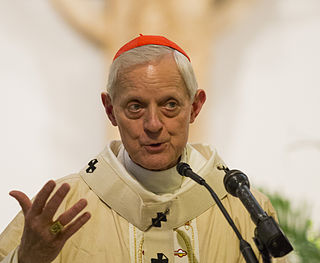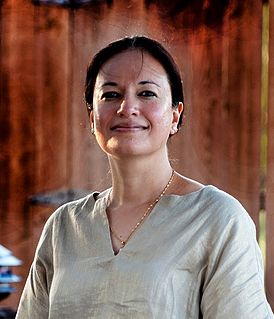A Quote by Shashi Tharoor
Western dictionaries define secularism as absence of religion but Indian secularism does not mean irreligiousness.It means profusion of religions.
Related Quotes
If Christians continue to rely on emotion and ignore evidence, they will continue to lose their children to secularism. As Ravi Zacharias points out, a tepid Christianity cannot withstand a rabid secularism. And make no mistake-secularism is rabid. The world isn't neutral out there. Today's culture is becoming increasingly anti-Christian.
I think many thinkers and activists, even in the Islamist parties like the Muslim Brotherhood, and the people who left the Muslim Brotherhood to follow Abou el-Fatouh, these people do have an understanding that the relationship between religion and the state must be re-thought and re-assessed. They're not going to use the concept of secularism in any straightforward way, because the concept of secularism is still far too loaded in that part of the world.
The First Amendment...does not say that in every respect there shall be a separation of Church and State....Otherwise the state and religion would be aliens to each other - hostile, suspicious, and even unfriendly....The state may not establish a 'religion of secularism' in the sense of affirmatively opposing or showing hostility to religion, thus preferring those who believe in no religion over those who do believe.


































